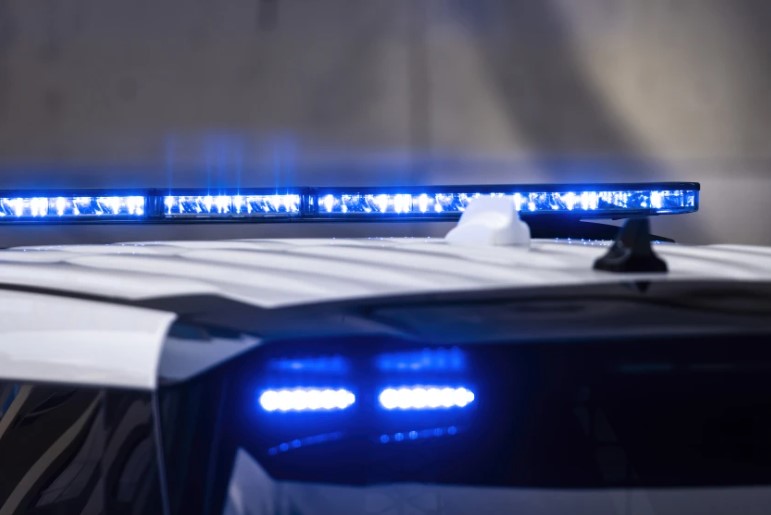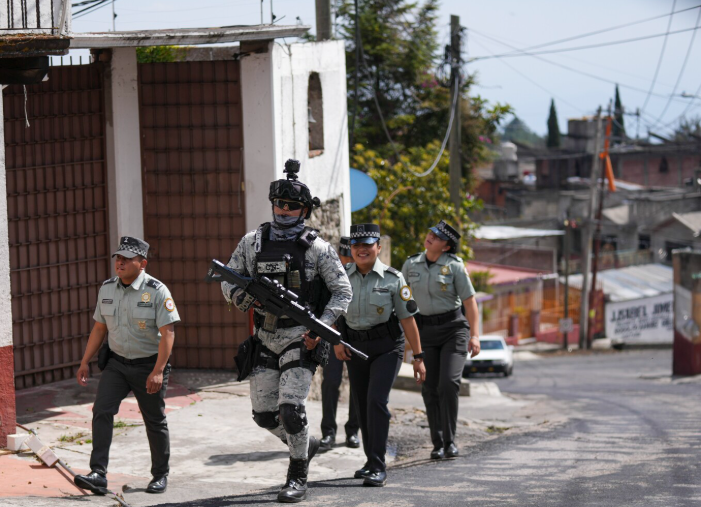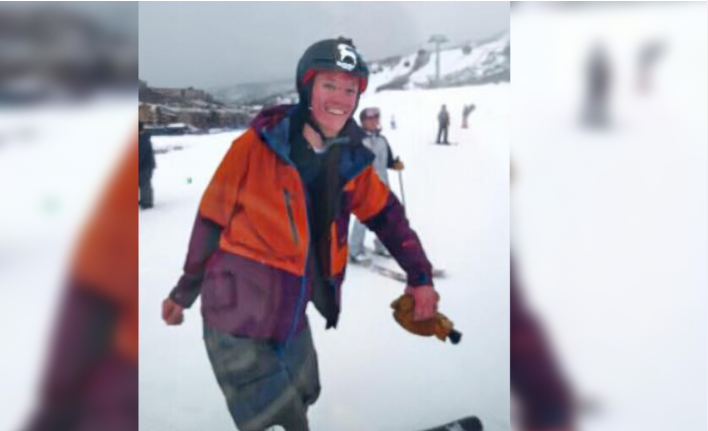A tragic shooting claimed the life of a 31-year-old man on Sunday afternoon in the Auburn Gresham neighborhood on Chicago’s South Side.
Police reports indicate that the man was walking on the sidewalk near the 1600 block of West 81st Street around 2 p.m. when an unknown individual opened fire. The man was struck in the neck and immediately transported to Christ Medical Center in Oak Lawn. Despite efforts to save his life, he was pronounced dead at the hospital shortly after his arrival.
The Cook County medical examiner’s office later confirmed the man’s death, but authorities have not yet released his identity, pending notification of his family. This has left a community mourning and searching for answers in the wake of another act of violence.
The shooting occurred in broad daylight, raising concerns among residents about safety in the area. Witnesses described a chaotic scene as first responders worked to secure the area and provide aid to the victim. However, few details about the shooter or their motive have emerged.
The Auburn Gresham community, which has long struggled with incidents of gun violence, is now grappling with another senseless loss of life. Community leaders have called for increased efforts to address violence in the area, emphasizing the need for both immediate and long-term solutions.
Local law enforcement is continuing its investigation and urges anyone with information about the shooting to come forward. Detectives are reviewing surveillance footage from nearby businesses and canvassing the area for witnesses to piece together the events leading up to the incident.
The lack of arrests so far highlights the challenges police often face in solving such crimes. Officials are urging residents to cooperate with authorities to bring those responsible to justice and prevent further violence.
This tragic incident serves as a stark reminder of the persistent issue of gun violence in many Chicago neighborhoods. It has reignited calls from activists and local leaders for stronger measures to curb violence, provide support for affected families, and create safer communities.


